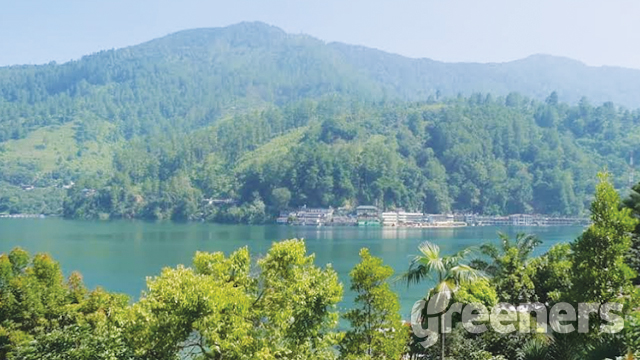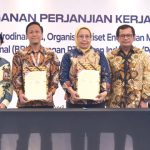Jakarta (Greeners) – As Indonesia thriving to promote its tourism sector to gain state revenue and spent billions of rupiah, the effort is seemed to be hindered by waste issues which could not be solved only by regulations said a senior official in North Sumatra, on Thursday (07/02/2019).
“Various regulations about cleanliness have been issues but the implementation is below expectation. The key is for heads of regions (to implement) policies in waste management and budget allocated for waste management,” said Safri Burhanuddin of Deputy for Human Resources, Science and Technology and Maritime Culture, Coordinating Ministry for Maritime Affairs.
READ ALSO: Government to Focus on Plastic Waste Issue
On its press release, Burhanuddin cited World Bank recommendation that it would need US$15 per capita per year or three to five percent out of Regional Budget, ideally, for waste management.
In reality, regions in Indonesia allocate less than the recommendations leading to lack of waste management.
“Regional governments can implement tax for waste management on tourists to contribute to waste management and currently ministry of finance, ministry of environment and forestry and ministry of home affairs are proposing Regional Incentive Fund for local administrations to deal with its solid waste including plastic,” he said.
READ ALSO: Indonesia Encourages Reduce Plastic Waste to Southeast Asia Nations
Meanwhile, Nani Hendiarti, assistant deputy for maritime science and technology development, said the aim of the workshop to map out the gap between the management and waste management of Toba Lake.
“We are hoping from this mapping gap for a result of recommendation for integrated waste management from upstream to downstream, increase commitments from district government, involving several governments and related agencies,” said Hendiarti.
Furthermore, she said that waste issues in touristic sites including lack of landfills and more open dumping areas, and no Regional Strategy Policy or Jakstrada documents stipulated by presidential decree issued in 2017.
In addition, lack of district government’s support for Mid-Term National Development Planning as they have yet to include waste management, technology intervention for waste issues.
“From the findings, there are recommendations such as the assessment for waste analysis, assistance support for heads of district on waste management that is structured and integrated. We ask for the ministry of environment and forestry’s support and ministry of public works and people’s housing for this assistance,” she said.
In addition, other plans are set up more structured waste management action plans from landfills to integrated landfills coordinated by ministry of public works and people’s housing and ministry of tourism, collaborating with religious leaders and communities for awareness campaign to plastic waste management and set up an integrated working team to follow up on further recommendations.
Reports by Dewi Purningsih



















































